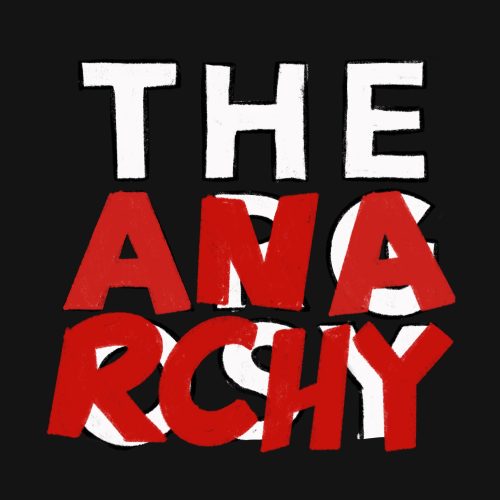A conversation with Dr. Lauren Beck
Visual and Material Culture Studies can be a difficult to pin-down topic. Many students don’t really know what they’re getting into when they sign up for a class or can’t imagine what they would do with a degree in VMCS. To solve this issue, I asked professor Dr. Lauren Beck to explain what the VMCS department is aiming to do, and the skills that studying visual and material culture can equip you with!
Dr. Beck is a professor of Hispanic Studies as well as Visual and Material Culture studies here at Mount Allison. She also holds the Canada Research Chair in Intercultural Encounter. Most of her research focuses on identity-related questions in the early modern (1400-1900) era. Specifically, her research explores “how visual and material culture allow us to better apprehend the experiences of women, people of colour, Indigenous people, and so on”. Dr. Beck is currently working on a book, Canada’s Place Names and How to Change Them, that looks at place names and how they do (or don’t) reflect the identities of Canadians.
Something that Dr. Beck emphasizes is just how progressive the VMCS department is. The department uses visual and material objects to explore alternative ways of learning, which is quite radical in the arts and humanities. She says, “Visual and Material Culture Studies decentre white, patriarchal, and often textual ways of knowing to explore a broader panorama of human experience, which makes one of our key programme outcomes intercultural competency.” The topics explored in VMCS courses include colonialism, identity, and globalization to name a few, and they enable students to confidently enter careers in marketing, law, politics, policy-making, and more. Something that the VMCS department deems important is the interdisciplinarity of the program. Dr. Beck shared that “In our view, interdisciplinarity is what’s going to prepare you to be nimble and successful after graduating as you navigate a series of career moves over the course of your life.”
A term that Mount A students may be familiar with is “future-ready graduates.” I asked Dr. Beck how she felt that VMCS was preparing students for whatever surprises their future careers may hold, and she said that “In VMCS, we also offer a number of internships and research opportunities with which you get to work closely with faculty and in faculty-led partnerships with local and regional partners, whether businesses or institutions, giving you great work experience and exposure to possible employers after graduation. All of these skills will make our students incredible additions to the post-MtA workscape.” The department emphasizes communication and intercultural sensitivity skills, and learning these skills will enable students to discuss important contemporary issues confidently and sensitively.
Visual and Material Culture Studies is a department that is creating opportunities for students to engage with contemporary issues and dialogue while arming them with skills to navigate the 21st-century job market.
As a final question, I asked Dr. Beck if she had any advice to give students who are entering the workforce. She said: “Don’t listen to people who tell you what your limitations are or should be, just go for it and make sure you stay engaged and excited about the job or opportunity before you.”





